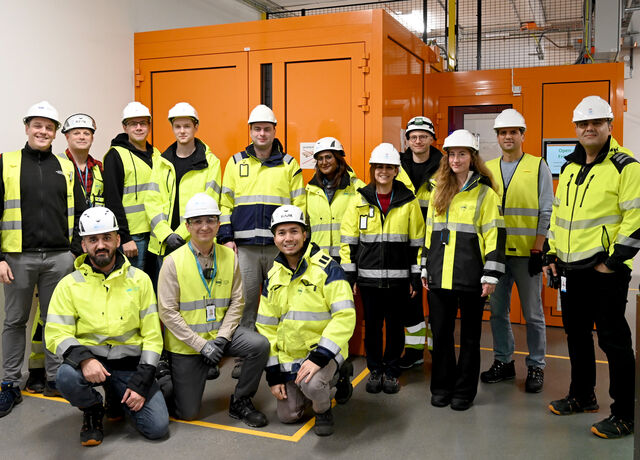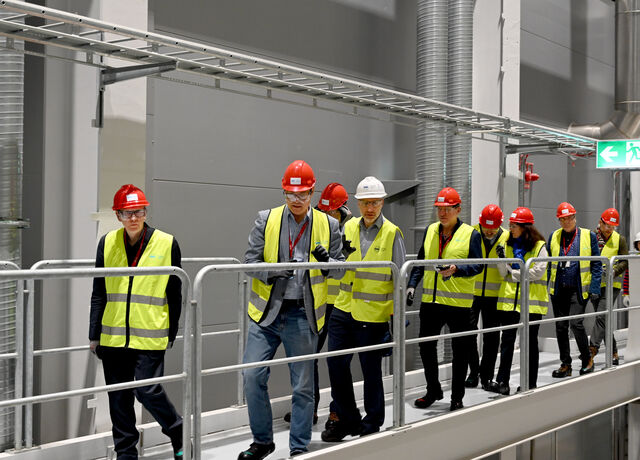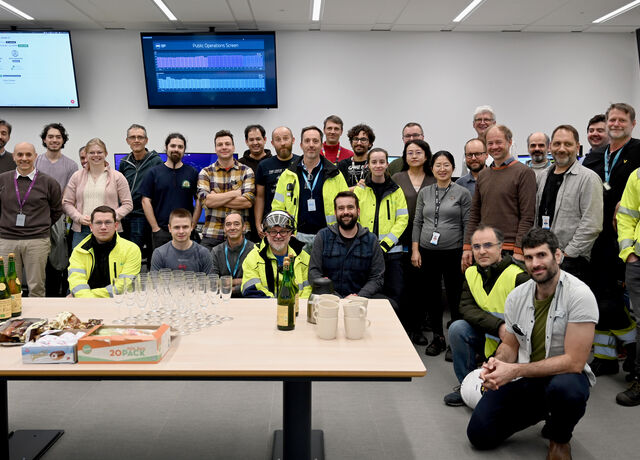Deuteration and Macromolecular Crystallisation (DEMAX)
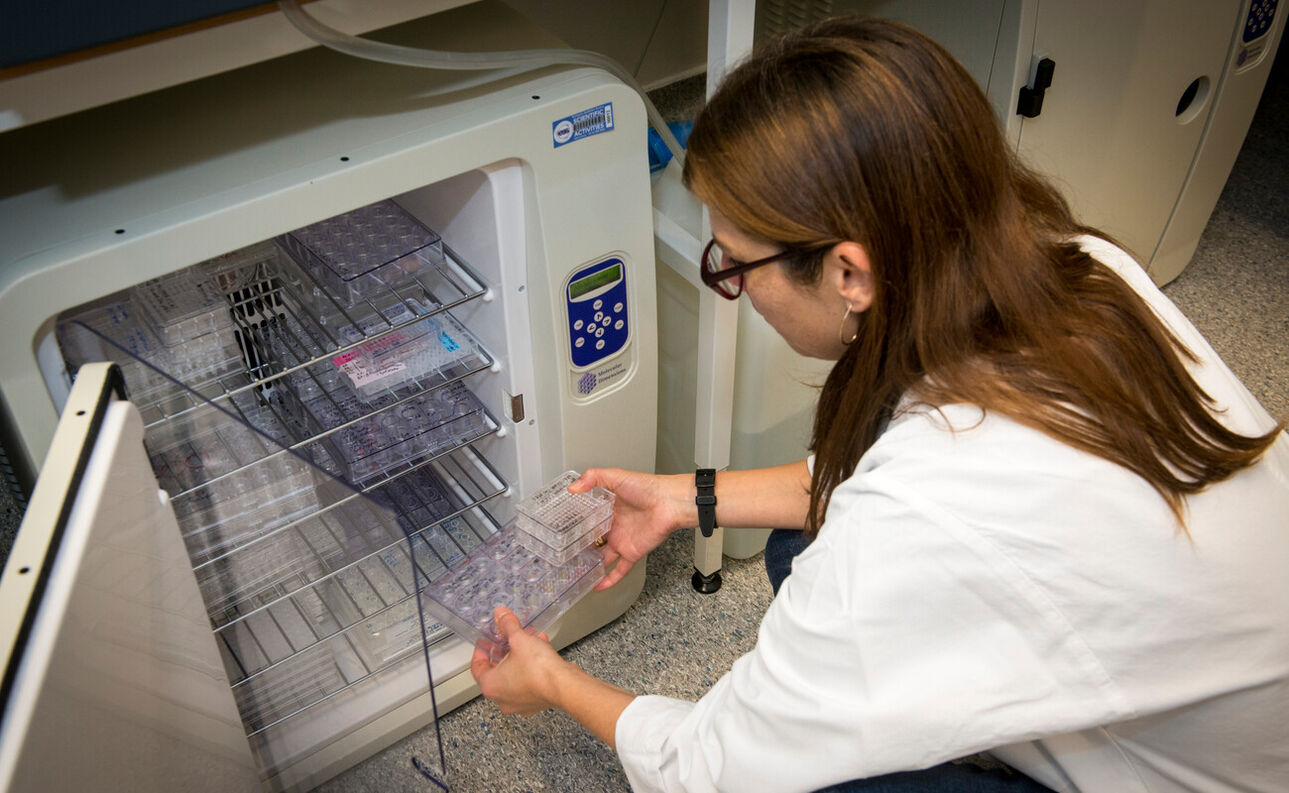
The Deuteration & Macromolecular Crystallization (DEMAX) team at ESS supports the neutron research community by providing deuterated molecules and support for protein crystallography.
Support from DEMAX is relevant to researchers in the fields of life science, soft matter, chemistry and biomaterials. The most commonly user neutron scattering techniques that rely on DEMAX support include: small angle neutron scattering (SANS), neutron reflectometry (NR), neutron protein crystallography (NPX), spectroscopy, spin-echo, and powder diffraction.
Although ESS is not yet providing neutron beam time, scientists can already now submit proposals for deuterated materials for use in their neutron experiments at other facilities. Access is based upon peer review of proposals and scientific merit and is currently not limited to ESS member countries. Open proposal calls are advertised on the ESS webpages, LinkedIn, and at the Deuteration Network website.
The team provides three pillars of support: chemical deuteration, biological deuteration (including yeast-derived lipids), and protein crystallisation.
For biodeuteration, we support cell cultures of E. coli, yeast, and microalgae under normal and deuterated conditions. From these living systems we can extract a variety of deuterated components for downs
tream use: plasmid DNA, recombinant proteins, lipids (total, phospholipid), and soluble extracts. For chemical deuteration we do organic synthesis of a range of small molecules/monomers, lipids (POPC, SOPC, POPE, etc.), surfactants, detergents, and also a range of novel molecules. Please look at our Product Catalogue for additional details. For protein crystallography, we support the full workflow: from initial screening to optimisation and testing with X-rays.
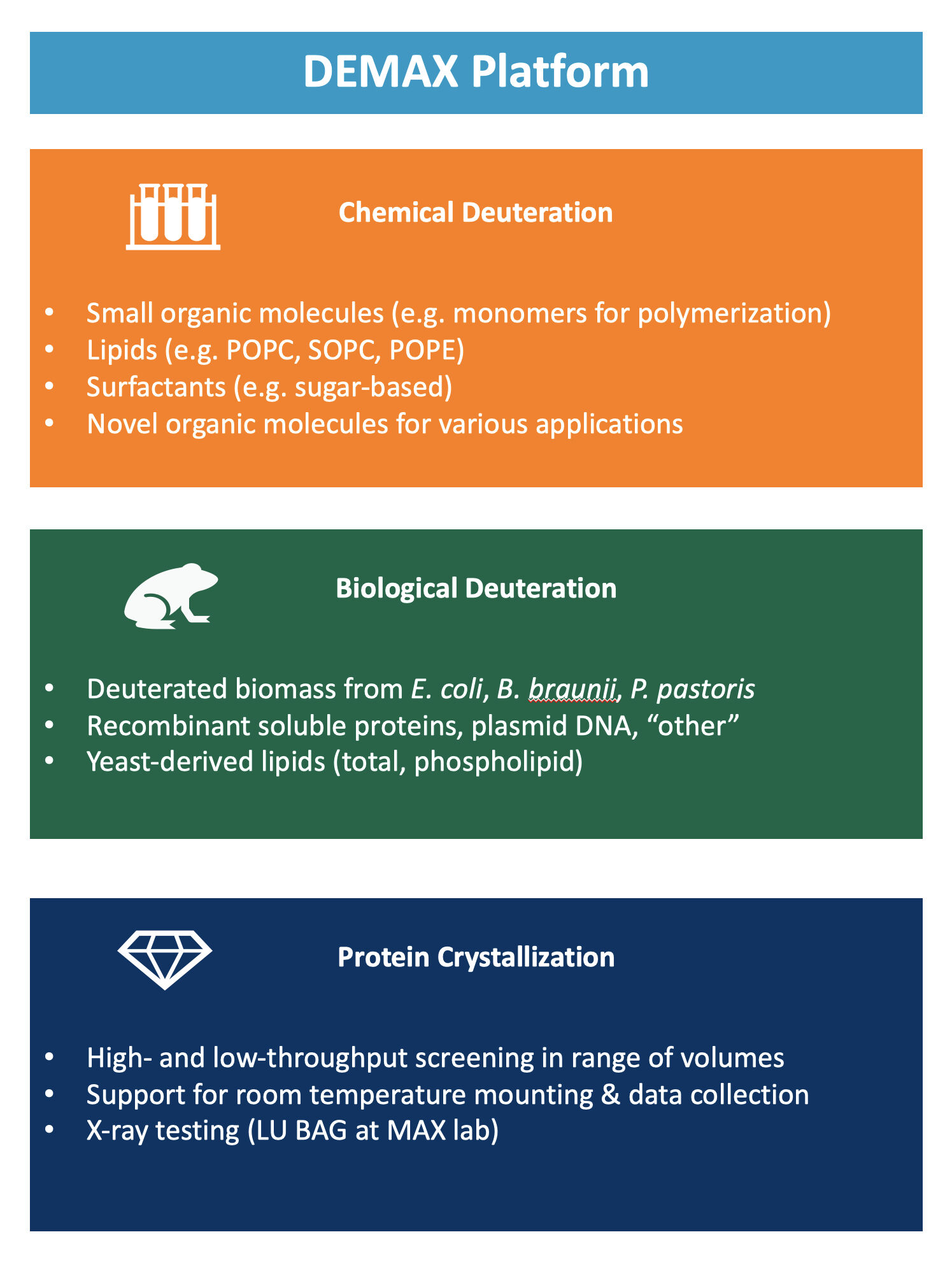
For more information on the team, services, and collaboration opportunities, please reach out the relevant subject matter expert below, or drop us a line on our shared mailbox: demax@ess.eu
The DEMAX core team at ESS is:
- Zoë Fisher, specialising in biological deuteration and protein crystallisation.
zoe.fisher@ess.eu
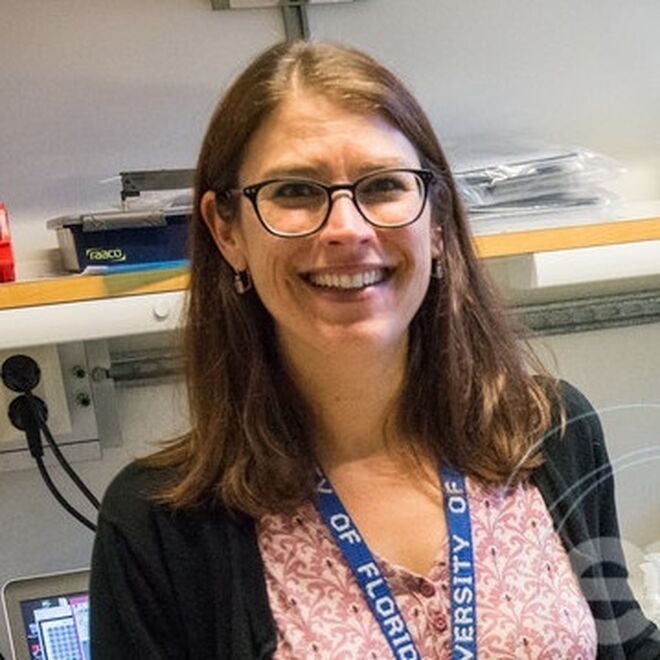
- Hanna Wacklin-Knecht, specialising in membranes, bilayers and lipids.
hanna.wacklin-knecht@ess.eu

- Anna Leung, specialising in deuteration chemistry and organic synthesis.
anna.leung@ess.eu
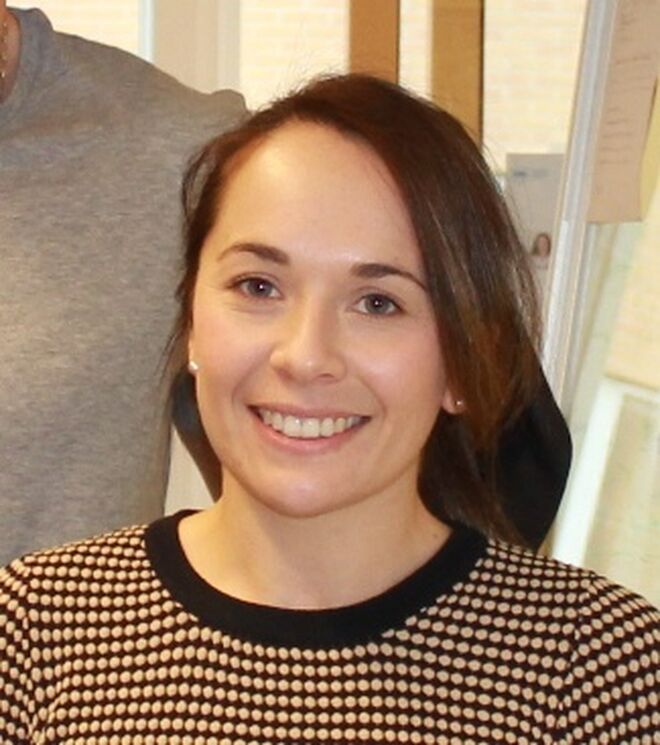
- Jia-Fei Poo, specialising in deuteration chemistry and organic synthesis.
jia-fei.poon@ess.eu

Alongside the core team, two Lund University postdoctoral researchers work in our labs on various deuteration projects. In addition, we work closely with the Lund Protein Production Platform (LP3) and have a Swedish in-kind collaboration on receiving Deuteration Lab Services related to our user program.
Life Science & Soft Condensed Matter
ESS will enable some areas of life science, medical and pharmacological research to investigate with neutrons for the first time.
Read More

























